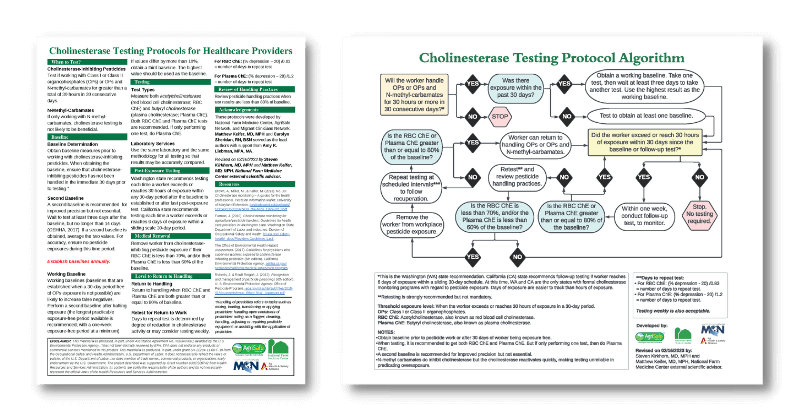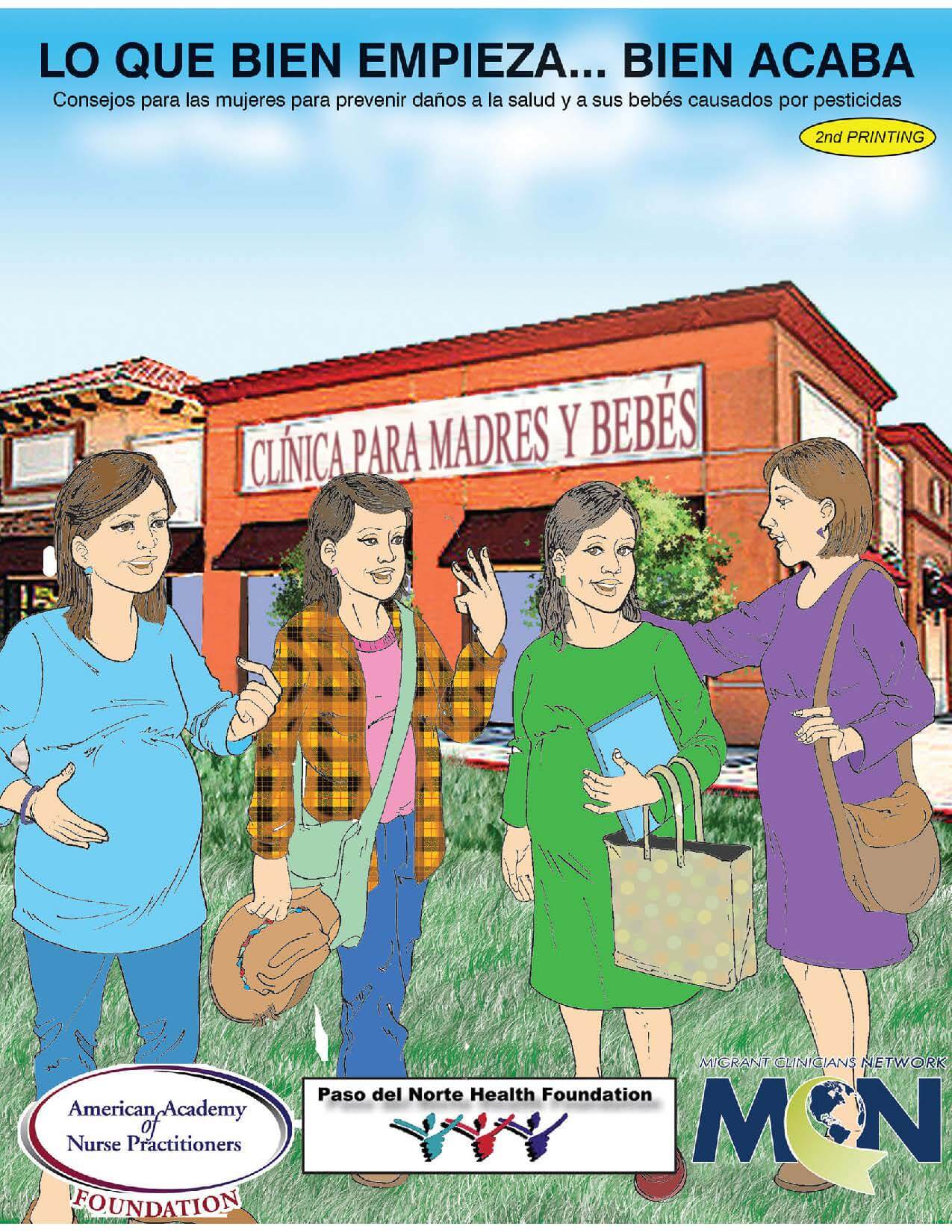Abstract
STUDY OBJECTIVE:
To compare interpreter errors and their potential consequences in encounters with professional versus ad hoc versus no interpreters.
METHODS:
This was a cross-sectional error analysis of audiotaped emergency department (ED) visits during 30 months in the 2 largest pediatric EDs in Massachusetts. Participants were Spanish-speaking limited-English-proficient patients, caregivers, and their interpreters. Outcome measures included interpreter error numbers, types, and potential consequences.
RESULTS:
The 57 encounters included 20 with professional interpreters, 27 with ad hoc interpreters, and 10 with no interpreters; 1,884 interpreter errors were noted, and 18% had potential clinical consequences. The proportion of errors of potential consequence was significantly lower for professional (12%) versus ad hoc (22%) versus no interpreters (20%). Among professional interpreters, previous hours of interpreter training, but not years of experience, were significantly associated with error numbers, types, and potential consequences. The median errors by professional interpreters with greater than or equal to 100 hours of training was significantly lower, at 12, versus 33 for those with fewer than 100 hours of training. Those with greater than or equal to 100 hours of training committed significantly lower proportions of errors of potential consequence overall (2% versus 12%) and in every error category.
CONCLUSION:
Professional interpreters result in a significantly lower likelihood of errors of potential consequence than ad hoc and no interpreters. Among professional interpreters, hours of previous training, but not years of experience, are associated with error numbers, types, and consequences. These findings suggest that requiring at least 100 hours of training for interpreters might have a major impact on reducing interpreter errors and their consequences in health care while improving quality and patient safety.
Copyright © 2012. Published by Mosby, Inc.

